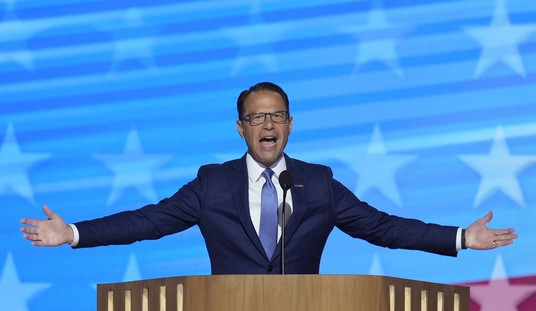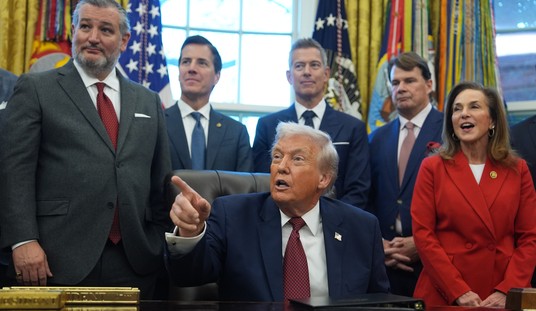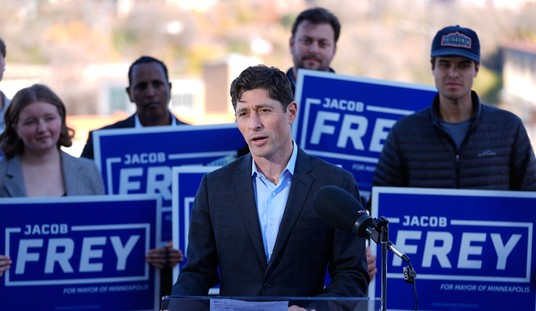Did he or didn’t he? Marco Rubio isn’t saying, although he emphasizes that he opposes recreational marijuana use and wants federal enforcement of prohibitions even in states that have legalized it, so Rubio’s refusal to specify whether he smoked pot in the past isn’t a dodge on the issue. Instead, Rubio argues to ABC’s Jonathan Karl that public figures have to be careful about the example they set to others — a lesson Rubio says he learned the hard way with his memoir:
The Florida Republican, who maintains a strict stance against the legalization of marijuana, refuses to answer whether he’s ever personally smoked it. Rubio told “Politics Confidential” that his silence on the matter is based on his belief that there is no “responsible way to recreationally use marijuana.”
“If you say that you did, then suddenly there are people out there saying, ‘Well, it’s not a big deal,’” Rubio said. “On the other side of it is if you tell people that you didn’t, they won’t believe you.”
Rubio explained that his decision not to answer the question goes back to an encounter he had after publishing his memoir, “American Son.” In the book, Rubio reveals that he was not a disciplined student in his youth and had a 2.1 GPA in high school.
“Someone came up to me and said, ‘You know, I enjoyed your book, but I want you to know, my son came up to me and said he doesn’t have to get good grades in high school, because look at Marco Rubio, he didn’t do well in high school and look how successful he’s been,’” Rubio recalled.
“And that impacted me,” he said of the encounter.
I’ve never used marijuana either, although few people seem to find that difficult to believe. Sometimes, being a square has its advantages.
Rubio makes two very good points, even if one disagrees on his position on legalization and enforcement. Like it or not, the law does send a moral signal on behavior in exactly the manner that Rubio describes. Legalization will send the signal that (a) marijuana can be safely consumed, and (b) that will result in greater use over the long arc. The question is whether the negative impact of that is eclipsed by the savings in resources used in prohibition of a widely-available substance that grows practically everywhere in the US, and whether the removal of that prohibition will push back against the civil-rights abuses of the War on Drugs to an extent that it outweighs the other societal costs.
That will only be determined by studying the effects of legalization in states like Colorado and Washington — and as long as the marijuana is grown within the state and not crossing state lines, we should have a debate as to whether the federal government should have a role in it. Conservatives who wish a reversal on Wickard v Filburn should be rooting against federal intervention in those circumstances.
The second point from Rubio has to do with being a responsible role model. Perhaps that seems a little old-fashioned in an age of confessionals and trying to look hip, but I agree with Rubio on this point. In the end, what relevance does Rubio’s high-school behavior have to his ambitions for political office?







Join the conversation as a VIP Member